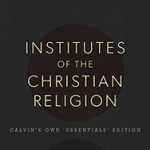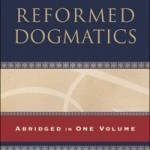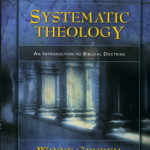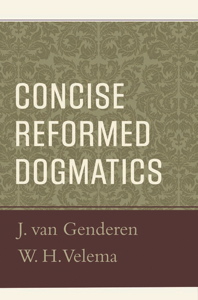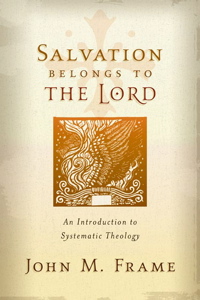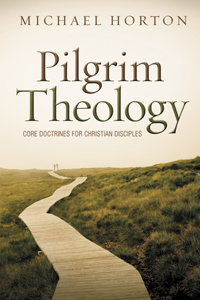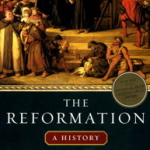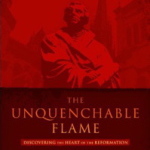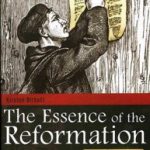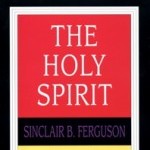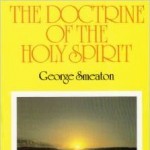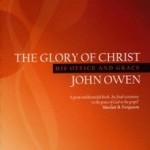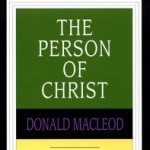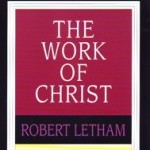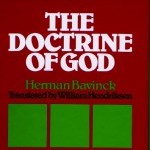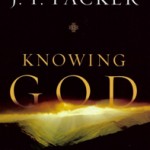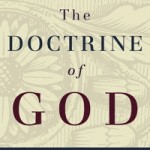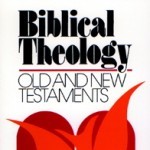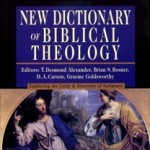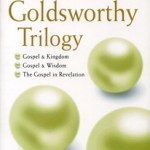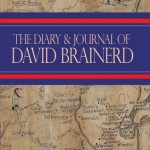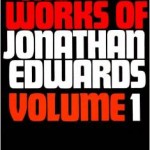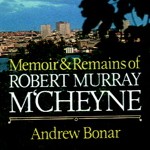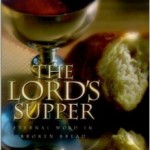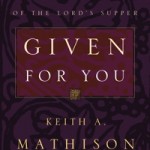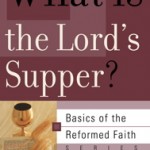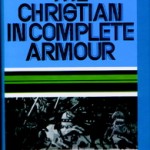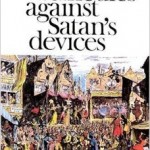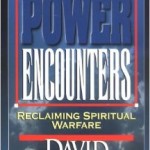Books are some of the best friends a pastor can have. How to know which friends to spend time with is quite difficult, for as the inspired Preacher said, “Of making many books there is no end” (Ecclesiastes 12:12). Every so often I recommend three books for pastors on a given topic, hoping the suggestions can serve you in some way.
One of “The Faithful Few” (readers of this blog) mentioned I hadn’t yet put together a “3 Books . . .” post on the doctrine of Scripture. What an oversight! Here then are my terribly-too-late recommendations on bibliology.
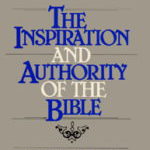 The Inspiration and Authority of the Bible by B.B. Warfield. Here the Lion of Princeton roars with unusual vigor. This volume represents the mature teaching of Old Princeton’s doctrine of Scripture—a teaching which with everyone must now reckon. Greg Beale agrees when he says, “No one who is interested in this topic should leave this book unread.” Kevin DeYoung even calls The Inspiration and Authority of the Bible “perhaps the most important influential book written on the doctrine of Scripture in the past 150 years.” A harvest of truth awaits every prayerful and careful read.
The Inspiration and Authority of the Bible by B.B. Warfield. Here the Lion of Princeton roars with unusual vigor. This volume represents the mature teaching of Old Princeton’s doctrine of Scripture—a teaching which with everyone must now reckon. Greg Beale agrees when he says, “No one who is interested in this topic should leave this book unread.” Kevin DeYoung even calls The Inspiration and Authority of the Bible “perhaps the most important influential book written on the doctrine of Scripture in the past 150 years.” A harvest of truth awaits every prayerful and careful read.
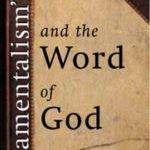 Fundamentalism and the Word of God by J.I. Packer. First written in the British controversy over “Fundamentalism” in the 1950s, Packer’s message remains relevant half a century later. Packer has little time for scholarly assessments of Scripture that place man in authority over God’s word. Typically, the Anglican theological packs his volume with punch, insight, pith, and reverent exposition. One of my mentors told me, “If you only read one book on Scripture, read this one.” Tolle lege!
Fundamentalism and the Word of God by J.I. Packer. First written in the British controversy over “Fundamentalism” in the 1950s, Packer’s message remains relevant half a century later. Packer has little time for scholarly assessments of Scripture that place man in authority over God’s word. Typically, the Anglican theological packs his volume with punch, insight, pith, and reverent exposition. One of my mentors told me, “If you only read one book on Scripture, read this one.” Tolle lege!
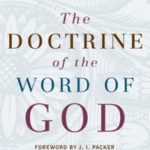 The Doctrine of the Word of God by John Frame. Yes, Frame’s final volume in his Theology of Lordship series weighs in at over 700 pages but don’t let that dissuade you. This book is comprehensive, winsome, and illuminating. I doubt any reader will agree with every facet of Frame’s presentation (I’ve always thought his discussion on teaching/preaching the word a bit odd), but on the essential points, Frame is spot on. Perhaps the highest praise you could give to DWG is how ordinary church members can feed on it—it is that clear. Packer calls DWG “magisterial” and “pastoral.”
The Doctrine of the Word of God by John Frame. Yes, Frame’s final volume in his Theology of Lordship series weighs in at over 700 pages but don’t let that dissuade you. This book is comprehensive, winsome, and illuminating. I doubt any reader will agree with every facet of Frame’s presentation (I’ve always thought his discussion on teaching/preaching the word a bit odd), but on the essential points, Frame is spot on. Perhaps the highest praise you could give to DWG is how ordinary church members can feed on it—it is that clear. Packer calls DWG “magisterial” and “pastoral.”
HONORABLE MENTIONS
Canon Revisited: Establishing the Origins and Authority of New Testament Books by Michael Kruger. Every pastor needs a rich understanding of canonicity and Kruger’s work is the best recent contribution.
Taking God at His Word: Why the Bible is Knowable, Necessary, and Enough, and What That Means for You and Me by Kevin DeYoung. When church members ask for an accessible work on Scripture DeYoung’s work is the one I recommend most often. It has yet to disappoint.

